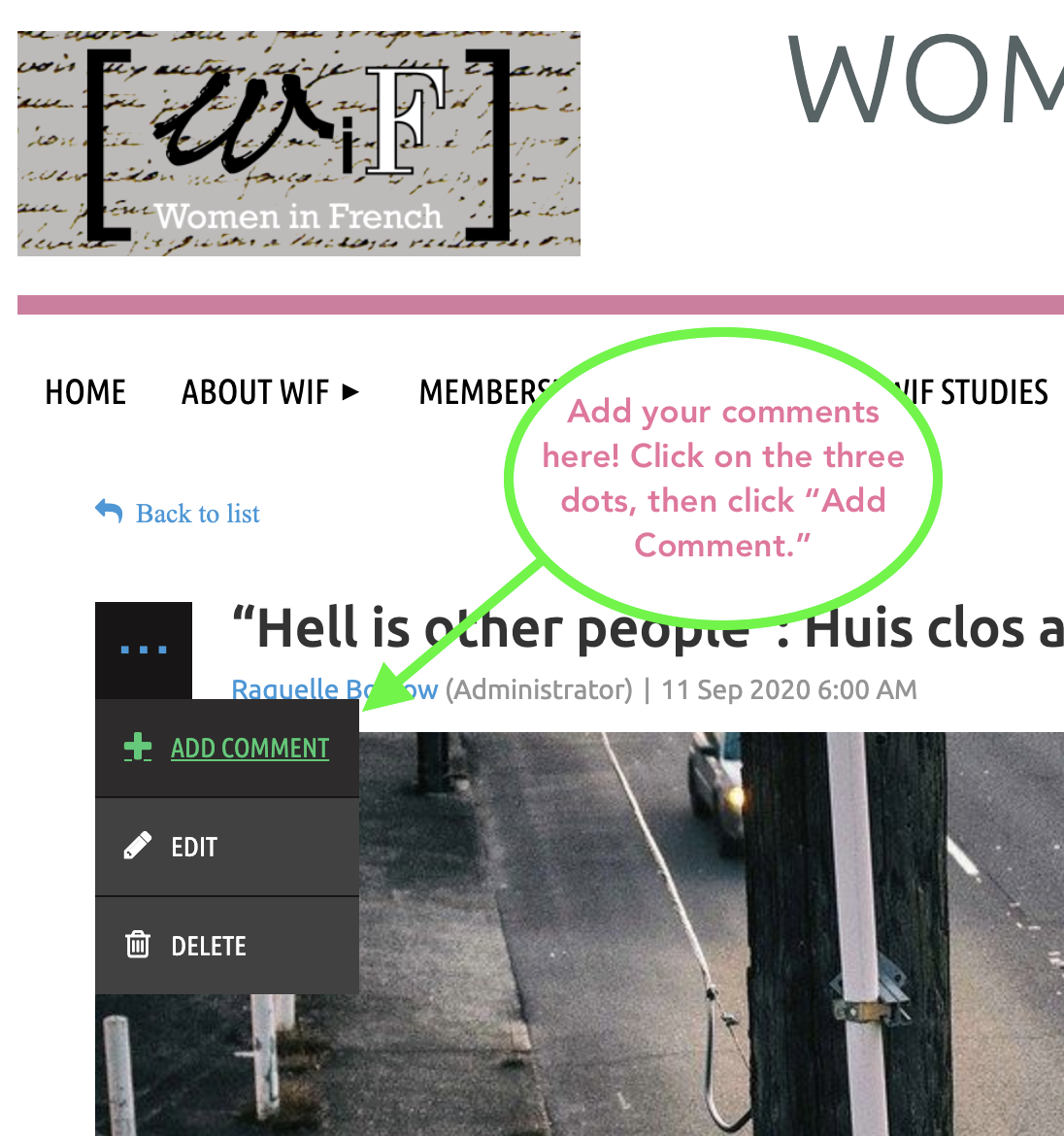Frontiers, Borders and Gateways
23rd International George Sand Colloquium
Saint Louis University, 13-15 June 2022
We hope that the conference will take place on site. However, due to the global pandemic, the conference may be online.
Organizers: Arline Cravens (Saint Louis University), Annie Smart (Saint Louis University)
Saint Louis University, St. Louis, Missouri USA
The conference theme, Frontiers, Borders and Gateways, is inspired by the event’s location and the unique history of St. Louis. St. Louis, Missouri – often called the “River City” or the “Gateway City” – sits along the west bank of the Mississippi River and served as the “Gateway to the West.” St. Louis’s most distinctive monument, the Gateway Arch, commemorates the “great explorers, Lewis and Clark, and the hardy hunters, trappers, frontiersmen and pioneers who contributed to the territorial expansion and development of these United States,” in the words of the founding Jefferson National Expansion Memorial Association. The Arch represents a portal, the gateway through which passed those travelling West in search of a new life and new frontiers – but it is also a reminder of those who suffered from the violence of migration in 19th-century America. St. Louis was also known as “Mound City,” due to the earthworks of the Mississippian civilization. The “hardy pioneers” who settled in St. Louis destroyed the mounds, just as the native peoples were hunted down and displaced. Cahokia Mounds, in nearby Cahokia, Illinois, bear witness to what was once a vibrant Native American culture. As Sand states in La Mare au Diable, “Car, hélas! tout s’en va…”
The 23rd International George Sand Colloquium will explore the representation of new frontiers and borders in George Sand.
We invite contributions on topics including but not limited to the following:
- new frontiers in Sand Studies
- travel and migration
- identity (national, regional, class, …)
- music and art
- utopia and politics
- role of wilderness
- terroir (agriculture, farming, food)
- space (personal/domestic/public)
- human and non-human worlds
- Sand as trailblazer
- gender roles and the limits of gender
Submissions for individual papers or sessions may be in French or English and should be in the form of an abstract (250-300 words).
Deadline for submissions is 15 October 2021
Decisions will be sent by 1 December 2021
Frontières et Passerelles dans l’œuvre de George Sand
23e Colloque international George Sand
Université de Saint Louis, 13-15 juin 2022
Nous espérons que la conférence sera sur place. Mais, en raison de la crise sanitaire mondiale, la conférence pourrait être virtuelle.
Organisation : Arline Cravens (Université de Saint Louis), Annie Smart (Université de Saint Louis)
Université de Saint Louis, St. Louis, Missouri, États-Unis.
Le thème du colloque, Frontières et Passerelles, s’inspire du caractère unique de la ville de St. Louis qui lui vaut d’être associée aux notions de frontières et d’expansion, du fait de sa position géographique stratégique et de sa place unique dans l’histoire du territoire américain. Située sur le fleuve Mississippi, la ville de Saint Louis – souvent appelée « the River City » ou « the Gateway City » -- a servi de « porte à l’Ouest ». Le monument le plus distinctif de Saint-Louis, la Gateway Arche commémore les « grands explorateurs, Lewis et Clark, les chasseurs, trappeurs, pionniers et pionnières qui ont contribué à l'expansion territoriale et au développement de ces États-Unis », pour reprendre les mots de l’association fondatrice : la Jefferson National Expansion Memorial Association. L'Arche représente la porte d'entrée par laquelle passaient ceux qui voyageaient vers l'Ouest à la recherche d'une nouvelle vie et de nouvelles frontières, mais c'est aussi un rappel de ceux qui ont souffert de la violence des migrations dans l'Amérique du XIXe siècle. Saint-Louis était également connu sous le nom de « Mound City », en raison des tertres ou tumulus en terre de la civilisation mississippienne. Les « pionniers » qui s'installèrent à St. Louis détruisirent ces tertres, alors même que les peuples autochtones étaient pourchassés et déplacés. Cahokia Mounds, dans la ville voisine de Cahokia en Illinois, témoigne de ce qui était autrefois une culture amérindienne bien vivante. Comme le dit Sand dans La Mare au Diable, « Car, hélas ! tout s'en va... »
Le 23e Colloque International George Sand aura pour but d’explorer la représentation de nouvelles frontières dans l’œuvre de George Sand.
Nous invitons des contributions sur les thèmes suivants, ces suggestions n’étant cependant pas limitatives :
- nouvelles frontières en études sandiennes
- voyage et migration
- identité(s) (nationale, régionale, classe sociale, … )
- musique et art
- utopie et politique
- rôle du désert
- terroir ( agriculture, élevage, nourriture)
- espace (privé/domestique/public)
- mondes humains et non-humains
- Sand comme pionnière
- genre et ses limites
Les propositions de communication (résumés de 250 à 300 mots en français ou en anglais) sont à rendre avant le 15 octobre 2021.
Le comité scientifique donnera ses réponses avant le 1er décembre 2021.

